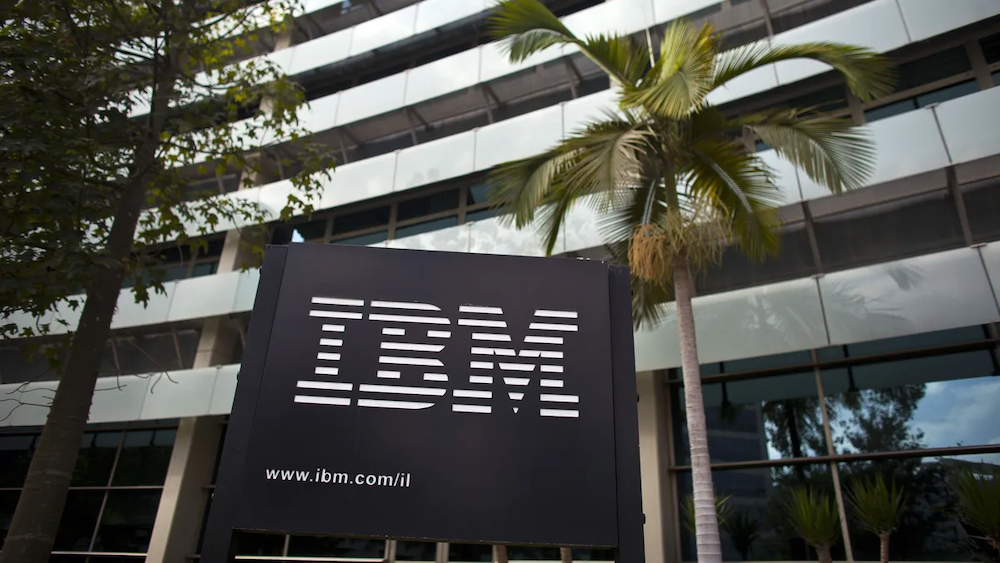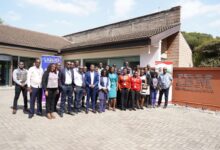UNDP and IBM launch tools to help the energy sector forecast access and model equity

IBM and the United Nations Development Programme (UNDP) have introduced new interactive energy models on UNDP’s global GeoHub platform.
These leverage tools such as BM Watsonx AI and the Data Platform to help policymakers and the public analyze energy issues and support data-driven decisions for a fair energy transition.
The models, part of the UNDP Data Futures Exchange (DFx), offer insights into energy access and climate impacts by combining geospatial data with satellite imagery for localized decision-making.
“By combining UNDP’s knowledge and global leadership in sustainable development with IBM’s breakthrough innovations in AI and hybrid cloud, we are proud to launch solutions that demonstrate the power of technology to achieve lasting goals, positive impact on our environment and communities,” said Justina Nixon-Saintil, IBM Vice President and Chief Impact Officer.
“By making innovative models available to the public for free, our goal is to provide leaders, organizations and community members with the insights they need to make impactful energy decisions around the world.” ”
As part of the UNDP Data Futures Exchange (DFx), GeoHub is a centralized ecosystem of geospatial data and services. It provides a platform to easily upload, visualize and analyze datasets, combining time-oriented geographic data with satellite imagery. GeoHub supports a granular, localized and evidence-based approach to development challenges and integrated decision-making – from determining local electricity distribution to assessing a community’s vulnerability to the impacts of climate change.
UNDPs innovative collaboration with IBM helps countries leverage development data and technology innovation to improve lives and protect the planet. The solutions we’ve co-created provide a credible evidence base to help countries make meaningful and practical progress towards a just energy transition. Net-zero investment and people-centred development strategies are fundamental to accelerate the SDGs,? said Laurel Patterson, Head of the UNDP SDG Integration Team, UNDP Bureau for Policy and Programme Support.
UNDP and IBM worked together over two years through the IBM Sustainability Accelerator program. This project started with a collaborative engagement through the IBM Garage, and resulted in the enhancement of UNDP’s GeoHub with two innovative models: the AI model Electricity Access Forecasting and the statistical geospatial model Clean Energy Equity Index.
The Electricity Access Forecasting AI model, powered by IBM Watsonx AI, IBM Cloud, and open-source machine learning, predicts electricity access through 2030 by analyzing factors like population, infrastructure, urbanization, elevation, and land use. Covering 102 countries across the Global South, the model offers future-focused insights beyond current estimates.
The Clean Energy Equity Index, developed by IBM, UNDP, and Stony Brook University, on the other hand combines geospatial, environmental, economic, and social data to score clean energy opportunities and equity. It allows users to customize factors for better decision-making, with data from 53 African countries.
Historically, advanced models like these have not always been freely accessible and applicable to all users. Together, IBM and UNDP say they set out to co-create solutions that would strengthen free public access to complex clean energy information and advanced technology, while simultaneously providing essential energy resources for policymakers, governments, journalists and decision makers.
”Universal access to electricity remains a pivotal goal for African states in the region. Our collaboration with the UNDP, through the IBM Sustainability Accelerator will allow communities on the continent to use the power of science, leading technology and the latest innovations in AI and hybrid cloud to turn sustainability ambition into action, by leveraging data and insights to interpret complex clean energy challenges and opportunities. Said John Matogo, Corporate Social Responsibility Leader for the Middle East and Africa.
Follow us on Telegram, Twitter, and Facebook, or subscribe to our weekly newsletter to ensure you don’t miss out on any future updates. Send tips to editorial@techtrendsmedia.co.ke



